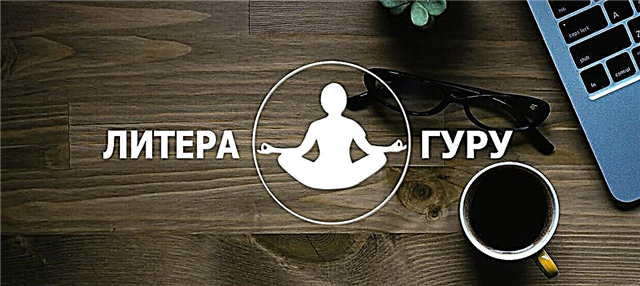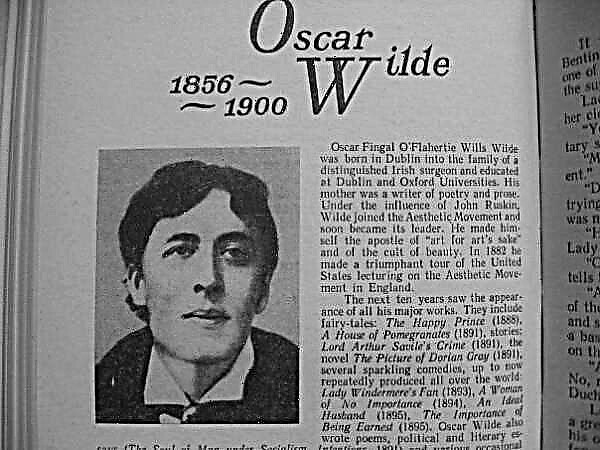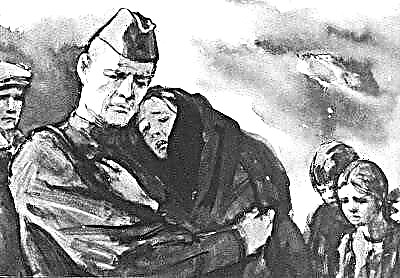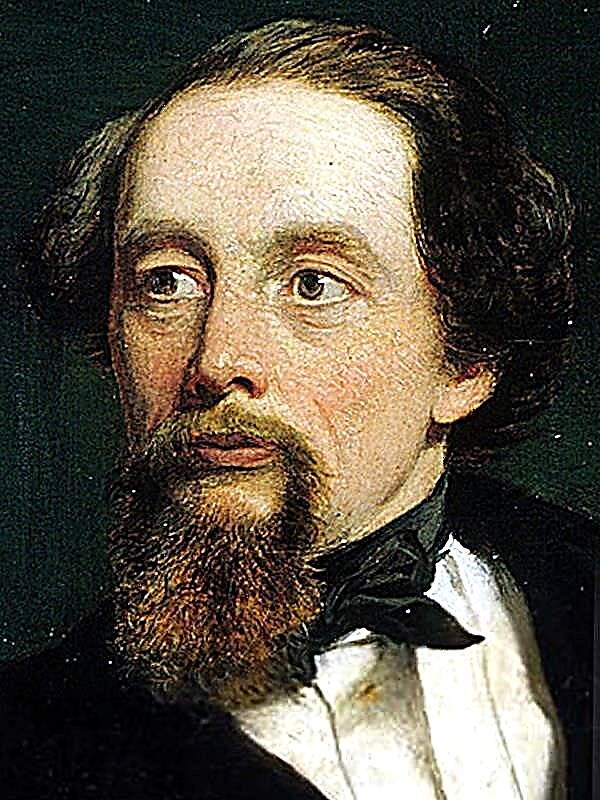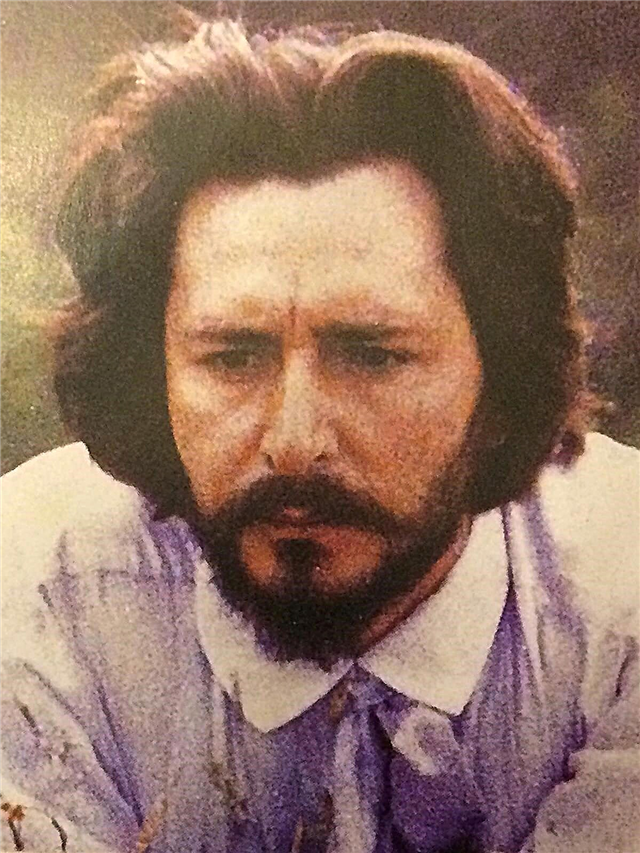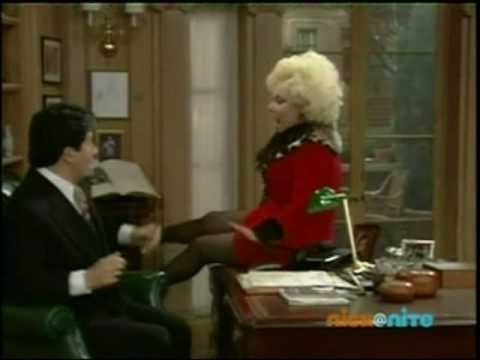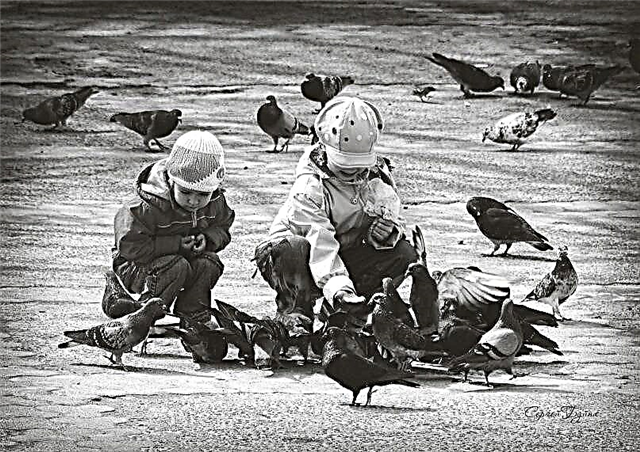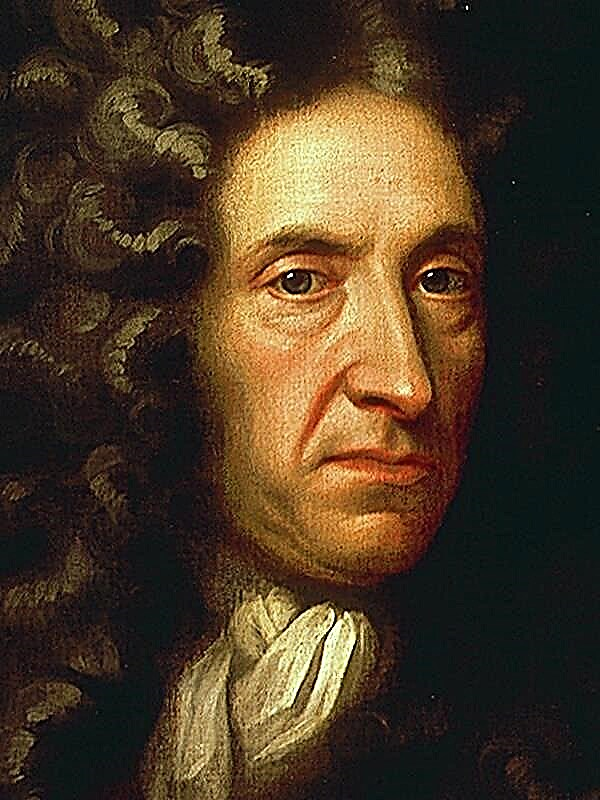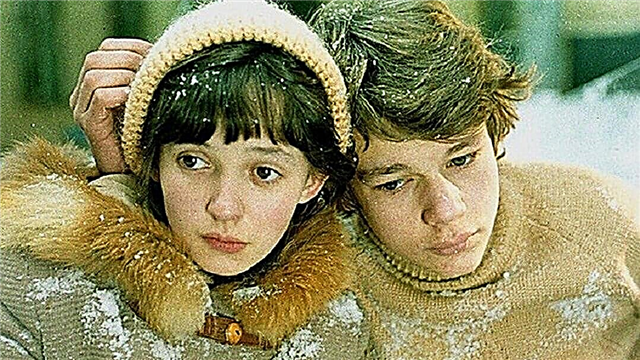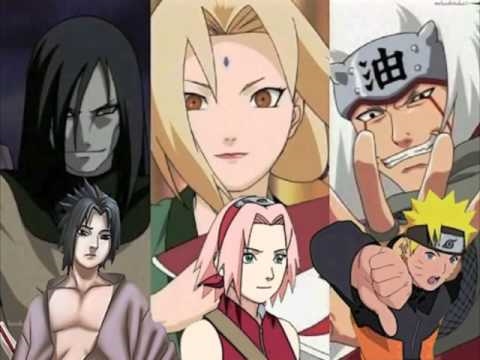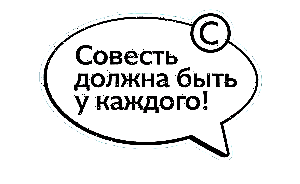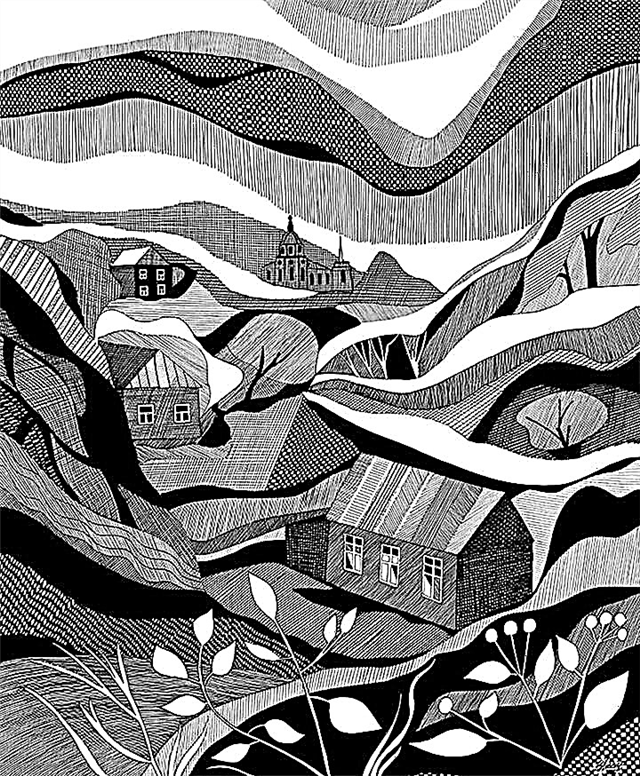The division of Colonel Deyev, which included an artillery battery under the command of Lieutenant Drozdovsky, was transferred among many others to Stalingrad, where the main forces of the Soviet Army were accumulated. The battery included a platoon commanded by Lieutenant Kuznetsov. Drozdovsky and Kuznetsov graduated from one school in Aktyubinsk. At the school, Drozdovsky "stood out for his emphasized, as if innate bearing, imperious expression of a thin pale face - the best cadet in the division, a favorite of military commanders." And now, after graduating from college, Drozdovsky became the closest commander of Kuznetsov.
Kuznetsov's platoon consisted of 12 people, among whom were Chibisov, gunner of the first gun Nechaev and senior sergeant Ukhanov. Chibisov managed to be in German captivity. People like him were looked askance, so Chibisov tried his best to help. Kuznetsov believed that Chibisov should have committed suicide, instead of surrendering, but Chibisov was over forty, and at that moment he was thinking only about his children.
Nechaev, a former sailor from Vladivostok, was an incorrigible womanizer and, on occasion, liked to pamper the battery sanatorium Zoya Elagina.
Before the war, Sergeant Ukhanov served in the criminal investigation department, then he graduated from the Aktobe Military School with Kuznetsov and Drozdovsky. One day, Ukhanov was returning from a AWOL through a toilet window, stumbled upon the division commander, who was seated at a push and could not help laughing. A scandal broke out due to which Ukhanov was not given an officer rank. For this reason, Drozdovsky was dismissive of Ukhanov. Kuznetsov accepted the sergeant as an equal.
At every stop, the medical officer Zoya resorted to the cars in which the Drozdovsky battery was located. Kuznetsov guessed that Zoya came only to see the battery commander.
At the last stop, Deev arrived at the train, the commander of the division, which included Drozdovsky’s battery. Near Deev “leaning on a wand, there was a lean, slightly unfamiliar general who was uneven in his gait. <...> It was the commander of the army, Lieutenant General Bessonov. " The general’s eighteen-year-old son went missing on the Volkhov Front, and now every time the general’s eyes fell on a young lieutenant, he remembered his son.
At this stop, Deyev’s division unloaded from the train and moved on horseback. In the platoon of Kuznetsov, horses were driven by riding Rubin and Sergunenkov. At sunset, made a short halt. Kuznetsov suspected that Stalingrad was somewhere behind him, but did not know that their division was moving "towards the German tank divisions that had begun the offensive in order to release the many-thousands army of Paulus encircled in the region of Stalingrad."
The kitchens lagged behind and were lost somewhere in the rear. People were hungry and instead of water they collected trampled, dirty snow from the roadsides. Kuznetsov spoke about this with Drozdovsky, but he sharply besieged him, saying that they were on equal terms at the school, and now he is the commander. "Each word of Drozdovsky <...> raised in Kuznetsovo such an indisputable, dull resistance, as if what Drozdovsky had done, said, ordered him to be, was a stubborn and calculated attempt to remind him of his power, to humiliate him." The army moved on, screaming in every way at the elders who were missing somewhere.
While Manstein’s tank divisions began a breakthrough to Colonel General Paulus’s group surrounded by our forces, the newly formed army, which also included the Deyev’s division, was thrown to the south by Stalin’s order to meet the German Got attack group. This new army was commanded by General Pyotr Aleksandrovich Bessonov, a middle-aged secluded man. “He did not want to please everyone, did not want to seem like a pleasant interlocutor for everyone. Such a petty game with the goal of winning sympathy has always hated him. ”
Recently, it seemed to the general that "the whole life of his son passed monstrously imperceptibly, slipped past him." All his life, moving from one military unit to another, Bessonov thought that he would still have time to rewrite his life, but at the hospital near Moscow he “for the first time had the thought that his life, the life of a military man, could probably be only in a single version, which he himself chose once and for all. ” It was there that he last met with his son Victor, a freshly baked junior infantry lieutenant. Bessonov’s wife, Olga, asked him to take his son to his place, but Victor refused, and Bessonov did not insist. Now he was tormented by the consciousness that he could save his only son, but did not. “He felt more acutely that the fate of his son was becoming his father’s cross.”
Even during the reception at Stalin, where Bessonov was invited before the new appointment, the question arose about his son. Stalin was well aware that Victor was part of the army of General Vlasov, and Bessonov himself was familiar with him. Nevertheless, Stalin approved Bessonov’s appointment as general of the new army.
From November 24 to 29, the troops of the Don and Stalingrad fronts fought against the encircled German group. Hitler ordered Paulus to fight until the last soldier, then he received an order for Operation Winter Thunderstorm - breaking through the encirclement of the German army Don under the command of Field Marshal Manstein. On December 12, Colonel General Goth struck at the junction of the two armies of the Stalingrad Front. By December 15, the Germans advanced forty-five kilometers to Stalingrad. The reserves entered could not change the situation - German troops stubbornly made their way to the encircled Paulus group. The main task of Bessonov’s army, reinforced by the tank corps, was to detain the Germans, and then force them to retreat. The last frontier was the Myshkova River, after which an even steppe stretched to Stalingrad itself.
An unpleasant conversation occurred between General Bessonov and a member of the military council, divisional commissioner Vitaly Isaevich Vesnin at the army command post located in a dilapidated village. Bessonov did not trust the commissioner, he believed that he was sent to look after him because of a fleeting acquaintance with the traitor, General Vlasov.
Deep in the night, Colonel Deyev’s division began to dig in on the banks of the Myshkova River. The battery of Lieutenant Kuznetsov dug the guns into the frozen ground on the very bank of the river, scolding the foreman, one day behind the battery with the kitchen. Crouching for a little rest, Lieutenant Kuznetsov recalled his native Zamoskvorechye. The lieutenant's father, an engineer, caught a cold at a construction site in Magnitogorsk and died. Mother and sister stayed at home.
After digging in, Kuznetsov, together with Zoya, went to the command post to Drozdovsky. Kuznetsov looked at Zoya, and it seemed to him that he “saw her, Zoya, <...> in a house comfortably sunk at night, at a table covered by a clean white tablecloth for the holiday,” in his apartment on Pyatnitskaya.
The battery commander explained the military situation and said that he was unhappy with the friendship that arose between Kuznetsov and Ukhanov. Kuznetsov objected that Ukhanov could be a good platoon commander if he received the rank.
When Kuznetsov left, Zoya stayed with Drozdovsky. He spoke to her in a "jealous and demanding tone of a man who had the right to ask her like that." Drozdovsky was unhappy that Zoe too often visited a platoon of Kuznetsov. He wanted to hide from everyone his relationship with her - he was afraid of gossip that would begin to go on the battery and seep into the headquarters of a regiment or division. Zoe was bitter to think that Drozdovsky loves her so little.
Drozdovsky was from a family of hereditary military men. His father died in Spain, his mother died the same year. After the death of his parents, Drozdovsky did not go to the orphanage, but lived with distant relatives in Tashkent. He believed that his parents had betrayed him and was afraid that Zoya would betray him too. He demanded from Zoe evidence of her love for him, but she could not cross the last line, and this angered Drozdovsky.
General Bessonov arrived on the battery of Drozdovsky, who was waiting for the return of the scouts who had gone for the “language”. The general understood that the turning point of the war had come. The testimony of the “language” was to give the missing information about the reserves of the German army. The outcome of the Battle of Stalingrad depended on this.
The battle began with a raid by the Junkers, after which German tanks attacked. During the bombing, Kuznetsov remembered the gun sights - if they are broken, the battery will not be able to shoot. The lieutenant wanted to send Ukhanov, but realized that he had no right and would never forgive himself if something happened to Ukhanov. At the risk of his life, Kuznetsov went to the guns together with Ukhanov and found there the riding Rubin and Sergunenkov, with whom the seriously wounded reconnaissance lay.
Sending a scout to the NP, Kuznetsov continued the battle. Soon, he no longer saw anything around him, he commanded the gun "in evil rapture, in a passionate and frantic unity with calculation." The lieutenant felt "this hatred of a possible death, this fusion with an instrument, this fever of delirious rabies, and only with the edge of consciousness knowing what he is doing."
Meanwhile, a German self-propelled gun hid behind two Kuznetsov’s wrecked tanks and began to point-blank to shoot a neighboring gun. Assessing the situation, Drozdovsky handed Sergunenkov two anti-tank grenades and ordered him to crawl to the self-propelled gun and destroy it. Young and scared, Sergunenkov died without fulfilling an order. “He sent Sergunenkov, having the right to order. And I was a witness - and for the rest of my life I’ll curse myself for this, ”thought Kuznetsov.
By the end of the day, it became clear that the Russian troops could not withstand the onslaught of the German army. German tanks have already broken through to the north bank of the Myshkova River. General Bessonov did not want to bring fresh troops into the battle, fearing that the army would not have enough strength for a decisive blow. He ordered a fight to the last shell. Now Vesnin understood why there were rumors about Bessonov’s brutality.
After moving to the CP Deeva, Bessonov realized that it was here that the Germans sent the main blow. The scout, found by Kuznetsov, said that two more people, along with the captured “tongue”, were stuck somewhere in the German rear. Soon Bessonova reported that the Germans began to surround the division.
The chief of counterintelligence of the army arrived from headquarters. He showed Vesnin a German leaflet, where a photograph of Bessonov’s son was printed, and told how well they looked after the son of a famous Russian military commander in a German hospital. The headquarters wanted Bessnonov to be inseparably in the army command, under supervision. Vesnin did not believe in the betrayal of Bessonov Jr., and decided not to show this leaflet to the general yet.
Bessonov brought into battle the tank and mechanized corps and asked Vesnin to meet them and hurry them up. Fulfilling the general’s request, Vesnin died. General Bessonov never found out that his son was alive.
The only surviving gun of Ukhanov was silent in the late evening, when the shells obtained from other guns ran out. At this time, the tanks of Colonel General Goth crossed the Myshkova River. With the onset of darkness, the battle began to subside behind.
Now for Kuznetsov everything was "measured in other categories than a day ago." Ukhanov, Nechaev and Chibisov were barely alive from fatigue. “This is the only surviving weapon <...> and their four <...> were awarded a smiling fate, random happiness to survive the day and evening of an endless battle, to live longer than others. But there was no joy of life. ” They were in the German rear.
Suddenly the Germans began to attack again. In the light of the rockets, they saw a human body two steps from their firing platform. Chibisov shot him, mistaking for a German. This turned out to be one of those Russian intelligence officers whom General Bessonov had been waiting for. Two more scouts, along with the "tongue" hid in a funnel near two wrecked armored personnel carriers.
At this time, the calculation appeared Drozdovsky, along with Rubin and Zoe. Without looking at Drozdovsky, Kuznetsov took Ukhanov, Rubin and Chibisov and went to help the scout. Following the group of Kuznetsov, Drozdovsky also got involved with two signalmen and Zoya.
A German prisoner and one of the scouts were found at the bottom of a large funnel. Drozdovsky ordered to search for a second scout, despite the fact that, making his way to the crater, he attracted the attention of the Germans, and now the entire site was under machine-gun fire. Drozdovsky himself crawled back, taking with him the "tongue" and the surviving scout. On the way, his group came under fire, during which Zoya was seriously wounded in the stomach, and Drozdovsky was concussed.
When Zoe was brought to the calculation on the deployed overcoat, she was already dead. Kuznetsov was as if in a dream, "everything that kept him in unnatural tension this day <...> suddenly relaxed in him." Kuznetsov almost hated Drozdovsky for not saving Zoya. “He cried so lonely and desperately for the first time in his life. And when he wiped his face, the snow on the sleeve of his padded jacket was hot from his tears. "
Late in the evening, Bessonov realized that the Germans could not be pushed off the northern bank of the Myshkova River. By midnight, the fighting stopped, and Bessonov wondered if this was due to the fact that the Germans used all the reserves. Finally, a “language” was delivered to the CP, which reported that the Germans had indeed brought reserves into battle. After interrogation, Bessonov was informed that Vesnin had died. Now Bessonov regretted that their relationship "through his fault, Bessonov, <...> did not look what Vesnin wanted and what they should have been."
The front commander contacted Bessonov and said that four tank divisions were successfully entering the rear of the Don army. The general ordered an attack. Meanwhile, Adjutant Bessonova found among the things of Vesnin a German leaflet, but did not dare to tell the general about it.
Forty minutes after the start of the attack, the battle reached a tipping point. Watching the battle, Bessonov could not believe his eyes when he saw that several guns had survived on the right bank. The corps entered into battle drove the Germans to the right bank, captured the crossings and began to surround German troops.
After the battle, Bessonov decided to drive along the right bank, taking with him all the available rewards. He awarded all those who survived after this terrible battle and the German environment. Bessonov "did not know how to cry, and the wind helped him, giving way to tears of delight, sorrow and gratitude." The Order of the Red Banner was awarded the entire calculation of Lieutenant Kuznetsov. Ukhanov was hurt that Drozdovsky also got the order.
Kuznetsov, Ukhanov, Rubin and Nechaev sat and drank vodka with orders lowered into it, and the battle continued ahead.

